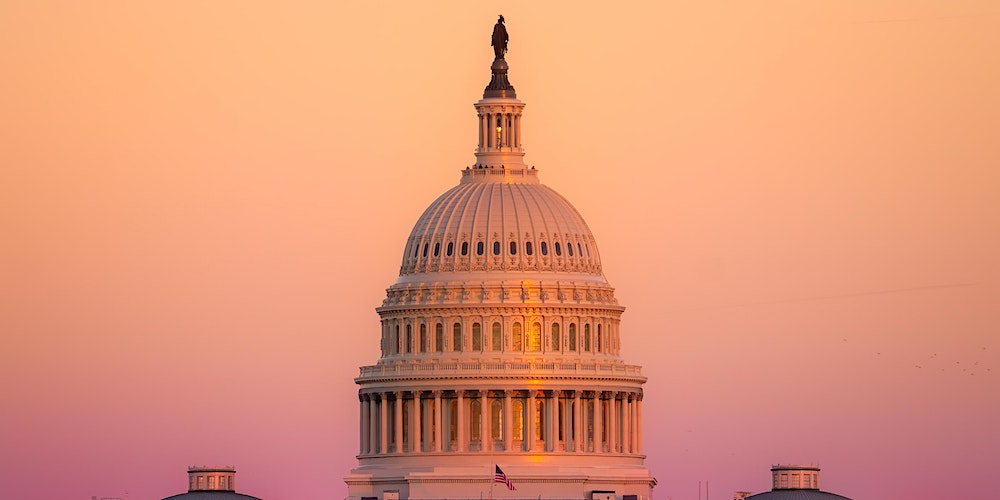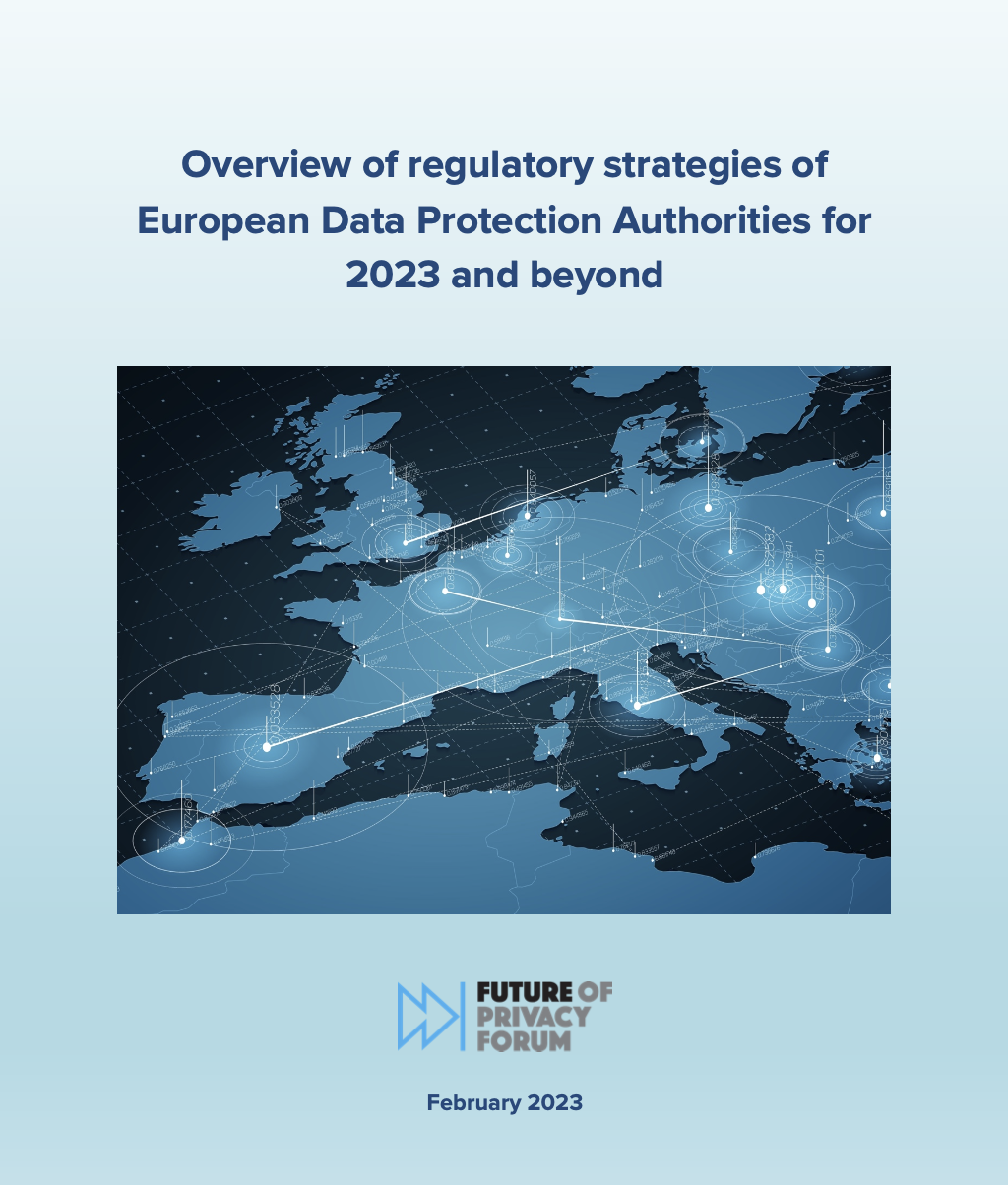
Tanzania’s Personal Information Protection Act: Overview, Key Takeaways, and Context
On November 27 2022, the President of Tanzania signed the Personal Information Protection Act, 2022 (PIPA) after it garnered unanimous Parliamentary support following its September 2022 introduction during the 8th Parliamentary sitting. The Act’s passage makes the United Republic of Tanzania (henceforth referred to as “Tanzania”) the 35th country in Africa to enact a standalone data […]

Let’s Look at LLMs: Understanding Data Flows and Risks in the Workplace
Over the last few months, we have seen generative AI systems and Large Language Models (LLMs), like OpenAI’s ChatGPT, Google Bard, Stable Diffusion, and Dall-E, send shockwaves throughout society. Companies are racing to bake AI features into existing products and roll out new services. Many Americans are worrying whether generative AI and LLMs are going […]

The African Union’s Data Policy Framework: Context, Key Takeaways, and Implications for Data Protection on the Continent
Authors: Mercy King’ori, Ulric Quee, Hunter Dorwart On July 28, 2022, the African Union (AU) released its Data Policy Framework (Framework) following extensive multi-stakeholder engagements. The Framework aims to provide a multi-year blueprint for how the AU will accomplish its goals for Africa’s digital economy. It also sets forth the AU’s vision, scope, and priorities […]

Brussels Privacy Symposium 2022 Report
On November 15, 2022, the Future of Privacy Forum (FPF) and the Brussels Privacy Hub (BPH) of Vrije Universiteit Brussel (VUB) jointly hosted the sixth edition of the Brussels Privacy Symposium on the topic of “Vulnerable People, Marginalization, and Data Protection.” Participants explored the extent to which data protection and privacy law including the EU’s […]

Race Equity, Surveillance in the Post-Roe Era, and Data Protection Frameworks in the Global South are Major Topics During This Year’s Privacy Papers for Policymakers Event
Author: Randy Cantz, U.S. Policy Intern, Ethics and Data in Research and former Communications Intern at FPF The Future of Privacy Forum (FPF) hosted a Capitol Hill event honoring 2022’s must-read privacy scholarship at the 13th annual Privacy Papers for Policymakers Awards ceremony. This year’s event featured an opening keynote by FTC Commissioner Alvaro Bedoya […]

New Report Highlights LGBTQ+ Student Views on School Technology and Privacy
The Future of Privacy Forum and LGBT Tech outline recommendations for schools and districts to balance inclusion and student safety in technology use. Today, the Future of Privacy Forum (FPF), a global non-profit focused on privacy and data protection, and LGBT Tech, a national, nonpartisan group of LGBT organizations, academics, and high technology companies, released […]

Knowledge is Power: The Future of Privacy Forum launches FPF Training Program
“An investment in knowledge always pays the best interest”–Ben Franklin Let’s make 2023 the year we invest in ourselves, our teams, and the knowledge needed to best navigate this dynamic world of privacy and data protection. I am fortunate to know many of you who will read this blog post, but for those who I […]

Evolving Enforcement Priorities in Times of Debate – Overview of Regulatory Strategies of European Data Protection Authorities for 2023 and Beyond
Today, the Future of Privacy Forum released a report that explores “Evolving enforcement priorities in times of debate – Overview of regulatory strategies of European Data Protection Authorities for 2023 and beyond.” It is the third in a series that explores European DPAs’ evolving regulatory priorities, following the 2021 Report “Insights into the Future of […]

Utah Considers Proposals to Require Web Services to Verify Users’ Ages, Obtain Parental Consent to Process Teens’ Data
Update: On March 23, Governor Spencer Cox signed SB 152 and HB 311. While amendments were made to both bills, the concerns raised in FPF’s analysis remain. SB 152 leaves critical provisions, such as methods to verify age or obtain parental consent, to be established in further rulemaking, but questions remain regarding whether these can […]
